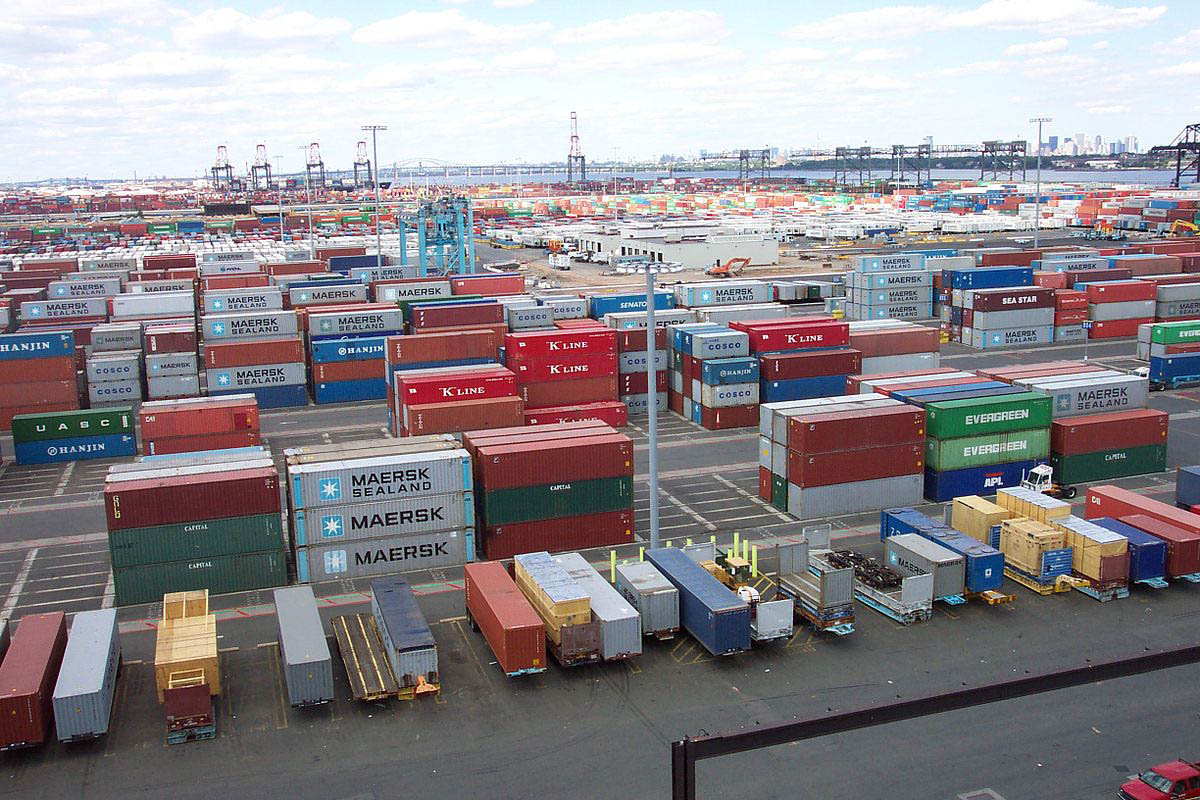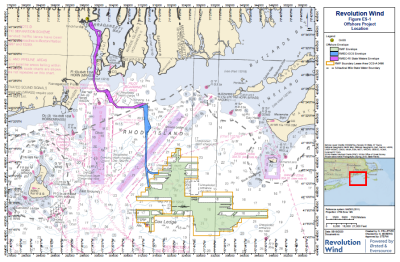This week, a Swedish teenager made a lot of adults around the world feel uncomfortable about their lack of significant action in addressing climate change.
Speaking with emotion and resolve to the Climate Action Summit at the United Nations in New York, 16-year-old Greta Thunberg admonished world leaders for their lack of commitment to curb greenhouse gases that are contributing to massive and destructive shifts in the world’s climate.
“My message is that we'll be watching you. This is all wrong. I shouldn't be up here. I should be back in school on the other side of the ocean,” she said as world leaders looked on. “You have stolen my dreams and my childhood with your empty words. And yet I'm one of the lucky ones. People are suffering. People are dying. Entire ecosystems are collapsing. We are in the beginning of a mass extinction, and all you can talk about is money and fairy tales of eternal economic growth. How dare you!”
Her activism has inspired a generation to raise their voices, as millions around the world marched in climate change protests last weekend. “If you chose to fail us, we will never forgive you,” she said, speaking for her generation.
She urged policy makers to be guided by science and the growing number of alarming, science-backed reports that document the acceleration of climate change and its effects on the planet.
In just one such study, the World Meteorological Organization said the amount of carbon dioxide being released into the atmosphere between 2015-2019 grew 20% compared to the previous five years. Meanwhile, a study released this week adds to growing evidence of how climate change is damaging the world’s oceans.
Although Greta did not specifically address maritime issues in her speech, her decision to cross the Atlantic from Europe to New York on a carbon-free racing yacht that gets its electricity from wind turbines and solar panels held some important symbolism for the promise of wind power, and how the shipping industry can curb carbon emissions.
During the summit, a group of leaders from the maritime, energy, infrastructure and finance sectors launched the “Getting to Zero Coalition,” that will work to phase out carbon emissions in the shipping industry by 2030.
International shipping carries around 80% of the global trade and accounts for of up to 3% of greenhouse gas emissions annually. The coalition said that these emissions will grow between 50% to 250% by 2050 if nothing is done. Their goal is to put commercially viable, deep-sea, zero-emission vessels into operation by 2030.
Industry partners include the American Bureau of Shipping, Maersk and Cargill as well as wind turbine manufacturers Vestas and Siemens Gamesa Renewable Energy.
All this got me thinking. Are we taking climate change seriously and doing enough in the workboat industry, and in our daily lives as we work in this sector, to reduce carbon emissions?
The climate debate might seem esoteric and remote for many — occurring in far off oceans or ice-covered tundra. But it’s starting to hit home as we’ve just witnessed record-breaking floods and high water this year that have caused extensive damage to inland river towns, farms and imposed huge and costly disruptions to river navigation. Floods on the inland system are nothing new, but what we are seeing now are more ferocious storms lasting longer periods and causing more damage. Scientists have linked these troubling weather trends to global warming.
Tell us how climate change is affecting the way you work on your vessels. What initiatives, if any, are your companies taking to reduce greenhouse gases?





